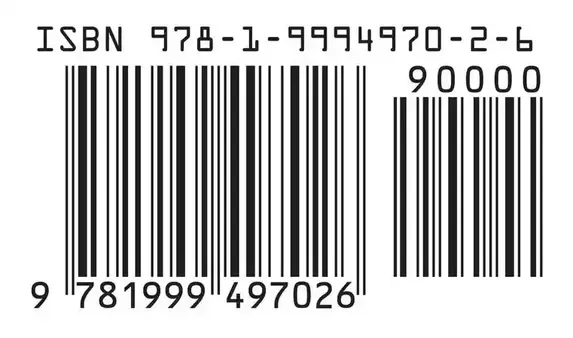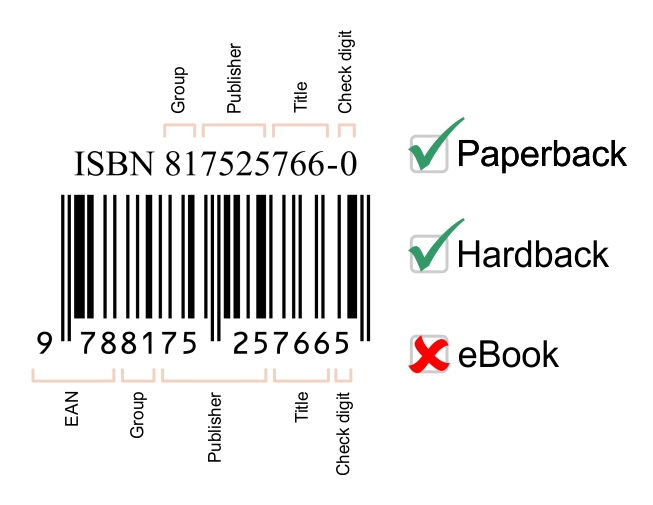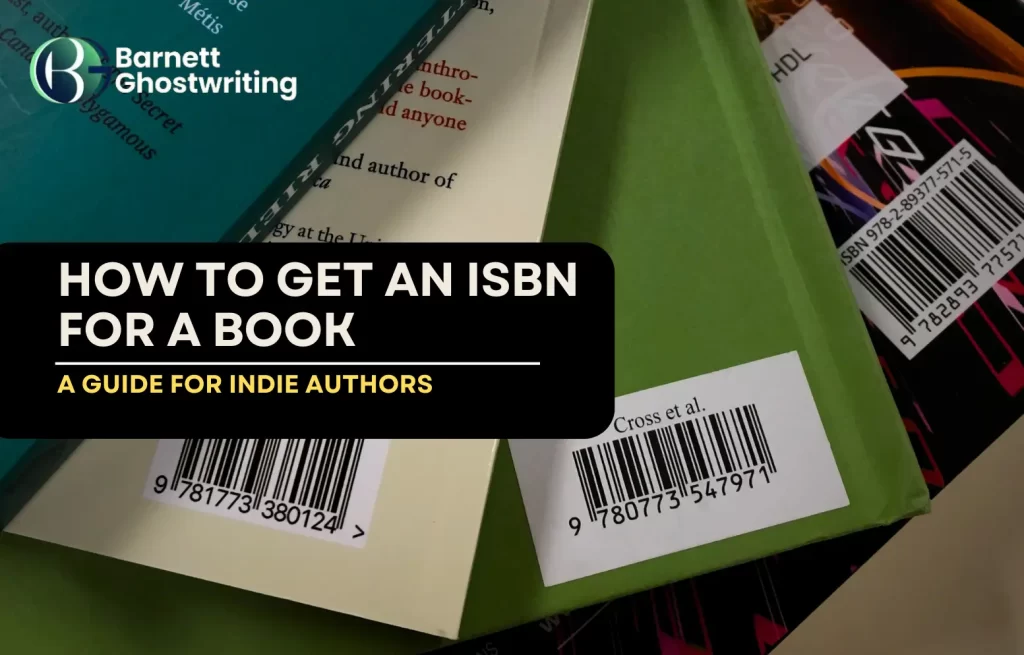In the world of publishing, every book carries an identity, much like a fingerprint. This identity is known as the International Standard Book Number (ISBN), a unique numerical identifier for books, crucial in today’s literary marketplace. This guide delves into the significance of ISBN 978-1-63916-102-7 and how it can benefit authors, publishers, and readers.
What Is An ISBN?

An ISBN, or International Standard Book Number, is a unique 13-digit code used to identify books and other independent publications. It is essential for libraries, bookstores, online retailers, and distributors, as it simplifies the cataloging and purchasing process. The ISBN system was established in 1970 and has since become the standard for identifying books worldwide.
The Structure Of An ISBN 978-1-63916-102-7:
An ISBN is divided into five parts, each providing specific information about the book:
- Prefix Element: The first three digits, usually 978 or 979, which are reserved for book identification.
- Registration Group Element: This element identifies the geographic region or language group of the book. For example, the number 1 in ISBN 978-1-63916-102-7 indicates that the book is from an English-speaking region, primarily the United States.
- Registrant Element: This section identifies the publisher or the publishing group responsible for the book.
- Publication Element: This segment specifies the title, edition, and format of the book.
- Check Digit: The final digit is a mathematical checksum, ensuring the accuracy of the ISBN.
Why ISBNs Matter?
ISBNs serve several critical functions in the book industry:
- Identification: An ISBN provides a unique identifier for each edition of a book, ensuring that the right book is sold or cataloged.
- Cataloging: Libraries and bookstores use ISBNs to manage their inventory and facilitate efficient searches.
- Sales Tracking: Retailers and publishers use ISBNs to track sales and monitor the popularity of different titles.
- Distribution: An ISBN is essential for distributing books in traditional and digital formats, allowing them to reach a wider audience.
Also Read: AMV33X – The Cutting-Edge Component Shaping Tomorrow’s Technology!
The Role Of ISBNS 978-1-63916-102-7 In Publishing:
Enhanced Visibility
Books with an ISBN gain credibility and visibility. They are more likely to be accepted by bookstores and libraries, both physical and online, leading to increased sales opportunities.
Credibility and Professionalism
An ISBN demonstrates that a book is professionally published, making it more appealing to potential readers and reviewers. It signals that the author or publisher is serious about their work.
Global Reach
With an ISBN, a book can be distributed and sold internationally, opening up a global market for authors and publishers. This expands the potential readership beyond local or national borders.
Streamlined Distribution
ISBNs make it easier for books to be listed in catalogs and databases, simplifying the process of finding and purchasing books. This is especially important for self-published authors looking to reach a wider audience.
Are ISBNS 978-1-63916-102-7 Required For E-Books?

ISBNs aren’t required for e-books, but they’re beneficial. An ISBN boosts visibility and credibility, helping e-books appear in online databases, libraries, and retailers, thus reaching a wider audience. While platforms like Amazon’s Kindle don’t require one, having an ISBN enhances professionalism and ensures proper cataloging, making sales tracking and distribution easier for authors.
Breakdown Of ISBN 978-1-63916-102-7:
Let’s decode the ISBN 978-1-63916-102-7 to understand its structure:
- 978: The first three digits are the EAN (European Article Number) prefix, indicating that this is a book.
- 1: The group identifier, signifying the English-speaking region.
- 63916: The publisher code, unique to the publisher who registered the book.
- 102: The title identifier, unique to this particular book and edition.
- 7: The check digit, used to verify the accuracy of the ISBN.
What Is The Cost Of Obtaining An ISBN 978-1-63916-102-7?
The cost of obtaining an ISBN can vary depending on where you purchase it and how many you buy. In the United States, purchasing a single ISBN from Bowker, the official ISBN agency, typically costs around $125. However, buying ISBNs in bulk can significantly reduce the price per ISBN. For example, a block of ten ISBNs might cost about $295, bringing the cost down to $29.50 per ISBN.
Also Read: 1957.4-70 – A Deep Dive!
How Do I Get An ISBN 978-1-63916-102-7 For My Book?
- Determine the Number of ISBNs You Need: If you plan to publish your book in different formats (e.g., paperback, hardcover, e-book), you’ll need a separate ISBN for each version.
- Find Your Country’s ISBN Agency: Different countries have specific agencies that handle ISBN distribution. In the United States, you can obtain ISBNs through Bowker (myidentifiers.com).
- Register for an Account: Create an account on the website of the ISBN agency for your country. This process will involve providing your contact information and details about your publishing company, if applicable.
- Purchase ISBNs: ISBNs can be purchased individually or in blocks. If you plan to publish multiple books or editions, buying a block of ISBNs is usually more cost-effective.
- Provide Book Details: You will need to fill out information about your book, such as the title, author, publication date, and format. This information will be associated with the ISBN.
- Assign the ISBN to Your Book: Once you have your ISBN, you can assign it to your book. Include it in the book’s metadata, cover, and copyright page.
- Update Your Records: Keep accurate records of which ISBN is assigned to which format of your book. This helps in tracking sales and ensuring consistency across distribution channels.
- List Your Book with the ISBN Agency: After assigning the ISBN, make sure your book is listed in the agency’s database. This enhances discoverability and facilitates distribution through retailers and libraries.
How To Obtain An ISBN?

To obtain an ISBN, authors and publishers can contact an ISBN agency, such as Bowker in the United States. The process involves providing information about the book, including the title, author, and publisher details. Once assigned, the ISBN remains linked to that edition of the book forever.
ISBN 978-1-63916-102-7: A Case Study
The ISBN 978-1-63916-102-7 represents a particular book that has utilized this system effectively. By incorporating this ISBN into its publication strategy, the book has enhanced its distribution, visibility, and sales.
- Benefits for Authors: Authors benefit from having their books registered with an ISBN by gaining access to more distribution channels, increased credibility, and the ability to track sales and gather data on reader engagement.
- Advantages for Publishers: Publishers can streamline their operations by using ISBNs to manage inventory, track sales, and maintain accurate records. This efficiency allows them to focus on promoting and marketing their titles.
The Evolution Of ISBN 978-1-63916-102-7:
Since their introduction, ISBNs have evolved to meet the changing needs of the publishing industry. Initially, they were 10 digits long, but they were expanded to 13 digits in 2007 to accommodate the growing number of published books.
Also Read: Top 10 Ai Solutions In Real Estate Sector In Pakistan – Unlock AI Potential!
The Future of ISBNs
As the publishing industry continues to evolve, ISBNs will remain a crucial part of book identification and distribution. New technologies, such as digital publishing and e-books, will continue to rely on ISBNs for cataloging and sales tracking.
FAQ’s:
1. What is an ISBN?
An ISBN is an International Standard Book Number, a unique identifier for books that facilitates cataloging and sales.
2. Why is an ISBN important for self-published authors?
An ISBN increases a self-published author’s credibility and allows for broader distribution through bookstores and libraries.
3. Can a book have multiple ISBNs?
Yes, each edition and format (e.g., paperback, e-book) of a book requires a separate ISBN.
4. What happens if I publish my book without an ISBN?
Without an ISBN, your book may not be accepted by major retailers or libraries, limiting its distribution and visibility.
5. How does an ISBN improve book sales?
An ISBN improves sales by making a book easier to catalog, search for, and purchase through various channels.
6. Can I use the same ISBN for different languages of my book?
No, each language edition of a book requires its own unique ISBN.
7. Is an ISBN transferable between publishers?
No, an ISBN is tied to the specific publisher and edition of a book and cannot be transferred.
Conclusion:
In the world of books, an ISBN is more than just a number. It is a tool that empowers authors and publishers to reach a global audience, enhance their credibility, and manage their publications effectively. ISBN 978-1-63916-102-7 exemplifies how this system benefits the literary community by providing a reliable means of identification and distribution.
Read More:








